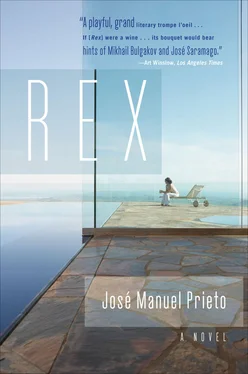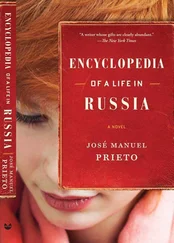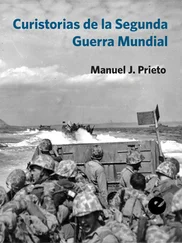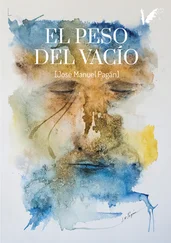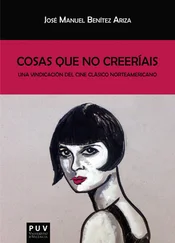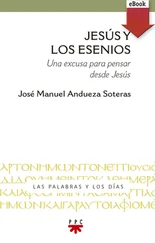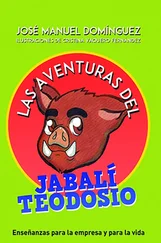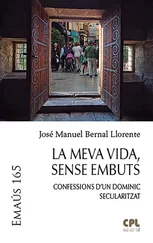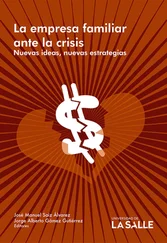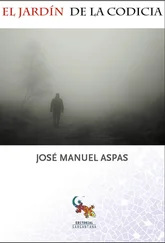The circles of the swimming pools very far below our feet like springs welling up from an underground river of light, their turquoise waters flowing from that reservoir deep in the entrails of the earth, ascending along those veins to illuminate the night, the silver and alabaster vault of the Castle, the gold and quartz of its battlements. The sky lightening, the rosy-fingered dawn coming in to illuminate everything around us.
Isn’t it beautiful, that image: the rosy-fingered dawn?Isn’t it? Isn’t it true that what I’m saying is perfectly logical and makes sense? How astonishing and amazing it is that so much could be contained in a single Book?
1
“Oh merciless destiny, how sorely heavy hast thou stamped with both thy feet upon all the Persian race!”says the Writer, but when he says “Persian” it’s only a manner of speaking: neither Nelly nor Vasily is Persian. It’s simply that the Writer requires an ancient race, upon which, because of its antiquity, the weight of destiny will fall more visibly. How right one of his biographers is to affirm that all literary production prior to him “seems like a panoramic literature, a bird’s-eye view.” Because where another writer would simply have written “destiny,” in the sense that destiny fell on Vasily, the Writer has destiny jumping up and down on him — and with both feet!
Those feet that enter our visual field as they descend, the large, heavy feet of Kirpich and Raketa in their swanky Ferragamos. Though they didn’t trample on your father, that’s not what gangsters do nowadays, or only in the movies, to provide a more precise visual idea of the humiliation endured by the fallen man. Same thing with the Writer, in this passage where he speaks so wisely of the Persians and a thing as ancient as human dignity, which he places on the same level as the antiquity of the Persian race, all in that brilliant prose of his that seems to recast the literary erudition of the West beneath the enormous weight of the years.
All possible hues of literature in him, all sensibilities: so great a Writer! For at times he writes with the force and parsimony of Franz Kafka in Prague, in books that fall on us like a stroke of bad luck and distress us as profoundly as the death of a person we loved. Or else with the terrible obsession of the possessed, the bloodshot eyeball, the bitter misanthropy of a Thomas Bernhard, an author who was, curiously, subsequent. Or the faint gleam of those parts of the Book where the enigmatic words of Confucius blossom, without being him! Amalgamated into his unique style, cast in gold and silver. Not a cento, not a florilegium, not a chain of commentaries.
I could enumerate a thousand reasons to explain this to you, cite you his words in infinite numbers to illustrate what can appear to be a miracle: the breadth, the cosmic coherence, the profound ethical sensibility of the Book. Easier and more credible if taken for a miracle, the fruit of a roll of the dice, than for the vision that the Commentator slyly insinuates. Of an astute flaneur strolling through the literary wardrobe of the West and pilfering as he goes along, an overcoat here, a vest there, a pair of velvet gloves over there, a hat here.
An image against which my entire being and even my common sense rebels, and therefore I do not hesitate to exchange it at once for that of a prince, a king, a great personage whom I watch make his way into the forest of the years. Inclining with infinite humility before its carnelian and lapis lazuli fruits, harvesting authorities: here a diamond in Aeschylus (this being where he includes, in an astonishing great leap backward, the Persians), there a ruby in Stevenson, there a precious blue gem in Poe.
But not even that, for this metaphor of the gleaner vanishes, disappears in the presence of the giant who makes his entrance at the very end of the Book, the surprising reappearance on its final page, five lines from its grand finale, of the king of Uruk, Gilgamesh.
Here, Petya, where it says: like giants submerged in the years. Like Goya’s colossus, many leagues in height, who advances with the clouds around his knees, who keeps the secret of death hidden away in his chest. Moving toward that abyss that only he from his height can behold, the rest of us inevitably falling into it, without exception. A place from which no one returns, from which the only thing that reaches us is the distant uproar of battle, the clamor of a clash lasting for centuries, millennia, with a single foreseeable result: the crushing defeat of the human forces.
And men must rise up, rebel against such a fate, believe fervently in victory, discover that they could die without finding any secret behind the enchanted forest, knot themselves together into a single sheaf, conquer fear, prepare to die, no longer live lying flat on the ground, like a defeated man(tablet 12, column 4, verse 270).
The Pool stolen, and the glass jar where he piled up his diamonds as well; the press broken, which I saw for the first time and approached, intrigued, having suspected its existence, but seeing it that morning for the first time, strange as an engine that runs on ethereal fluid, unreal as an antigravity shield.
Someone, perhaps Larissa, called him at that moment. His cell phone trilled and lit up with a green light like a goldfinch with a mottled throat, a bird singing from his shoulder, the brilliance of its screen illuminating the helmet’s visor, its lifeless eyes. I didn’t take the call, didn’t touch the telephone. I was the youthful page weeping inconsolably for the death of his lord, small and insignificant, the grass as high as my knees.
2
I required no proof whatsoever, had no need to turn to any kind of writing or for conclusions substantiated by any authority. I knew who had betrayed him, who had shown his killers the way. Here I can break the principle of authority, and I’m breaking it, Petya. I saw it with my own eyes, beneath the empyrean sky of my vision.
“But it isn’t a vision? It isn’t a dream?”
“What do you mean: a vision? a dream? It’s a device, an invention, a mental experiment. Not even Einstein, a contemporary of the Writer (more than contemporary, didn’t you tell me they were friends? Yes, also a friend of the Writer): Did Einstein physically carry out his experiments, in real life?”
Mental or imagined all of them, that of the lift falling in a building in Zurich when its steel cables are severed. Or the other one, still more astonishing, in which he straddles a ray of light and rides upon it. Mine, my vision of Batyk, the way he took Kirpich to the laboratory, your parents’ bathroom, is also a mental experiment, though one based on investigation. And with a result no less immutable and trustworthy than C, the constant.
I watched the Buryat show the killers the way, I saw him moving silently up from step to step, one foot (carefully) behind the other (very, very carefully). The pantomime that the Writer describes with jocular and chilling precision in the passage devoted to the Art of Ascending a Stairway … Turning in an angle of the landing, raising his eyes to the skylight from which they could have let down a rope, though no need for that thanks to Batyk, who opened the door to them, who gave them easy access to the place where otherwise they could never have …
Vasily sleeps, exhausted after the long party, minuscule hand beneath enormous jowl, thread of saliva hanging from his lip … All in the Writer’s aerial swimming pool, the cube of condensed water. I see them walking, Kirpich and Raketa, stopping in front of the bedroom, awakening him with a kick. Because they must have wanted to give him some final message. Something like: Take that, you dog!(in an infinity of writers). Or: Did you think you could hide from us forever?
Читать дальше
